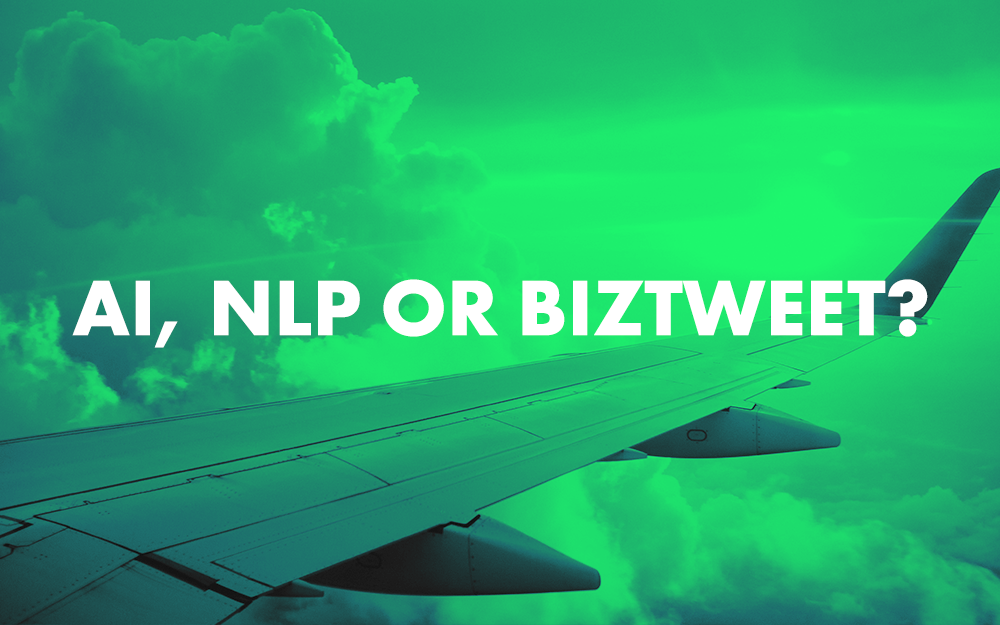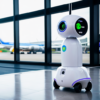
It’s a question we often get asked so we wanted to explain some of the differences.
NLP is clever, impressive even, there is no question but we believe there are various areas where it is actually complicates the experience for the passenger. First of all there are a lot of mystical “buzz words” around the whole area, AI, NLP, Machine Learn – all hot topics at the moment in their own right, and we’ll certainly cover them in this article.
One of the problems is that typically NLP uses a process of “machine learning” as the name suggests this takes time and a volume of data to start seeing results, the longer and more data the more reliable. Bearing in mind there is no final answer as passengers behaviour evolve it is an ever changing outcome, a goal that can never be achieved.
NLP tries to understand the question and based on that provides what it thinks is the correct answer. However it doesn’t take into account any other external data therefore whilst it can answer the question it doesn’t personalise the answer and therefore it is limited to generic responses.
From a passenger perspective how do things compare; NLP by definition responds to natural language so it’s looking for a question may 10, 20 or even 30+ characters – maybe less clicks if predictive technology is used! In the modern day when every click counts is this really the modern answer?
As we are ACI World Business Partners we recently attended an ACI Digital Communication Forum where several airports detailed the issues they had with AI, NLP providers. The issues ranged from not being able to provide multi-lingual answers, integration issues through to more practical issues like how airport groups communicate for multiple airports under one social profile.
We are working with approximately sixty airports so we’ve experienced and overcome all of the above with BizTweet.
Okay so how does BizTweet differ.
Instead we use good old-fashioned the “human” experience, you are far more experienced and that is a great starting point! That gets us over the “learning curve” needed for machine learning.
Instead of just answering questions with generic answers BizTweet uses other data feed and AI to intelligently respond. A simple but important differentiator, it means the response is highly personalised and highly relevant to the passenger.
BizTweet simplifies the whole process, instead of looking for 10,20 or 30+ characters we proved the intelligent answer at the simple click of button – it literally couldn’t be simpler for the passenger.
In terms of the issues airports typically encounter whilst implementing such solutions. BizTweet is multi-lingual meaning airports like Sydney Airport provide updates in forty one different languages but not only that, Dubai Airport and Adu Dhabi message in Arabic which written right to left. We’ve sixty airports using BizTweet so we have standard interfaces with most (if not all) the airport feeds. Using the intelligence within BizTweet there is no issue with having several airports under a single airport operator profile, in fact we already have clients doing this. We know the airport the passenger is departing from, arriving into and more such as terminals, gates etc.
With our experience of implementing a personalised solution into sixty airports, together with our proven technology, BizTweet is really the best personalised solution on the market.
BizTweet is helping airports to improve passenger flows across their airport, the service will create an opportunity to send targeted commercial offers to passengers in real-time, on the basis of the flight information they have selected to receive and provide additional personalised customer service 24/7. All this via the social platform of the passengers choice – Twitter, Facebook and WeChat.
Don’t take our word for it, download Deloitte’s research document: Moving global travel industry forward




